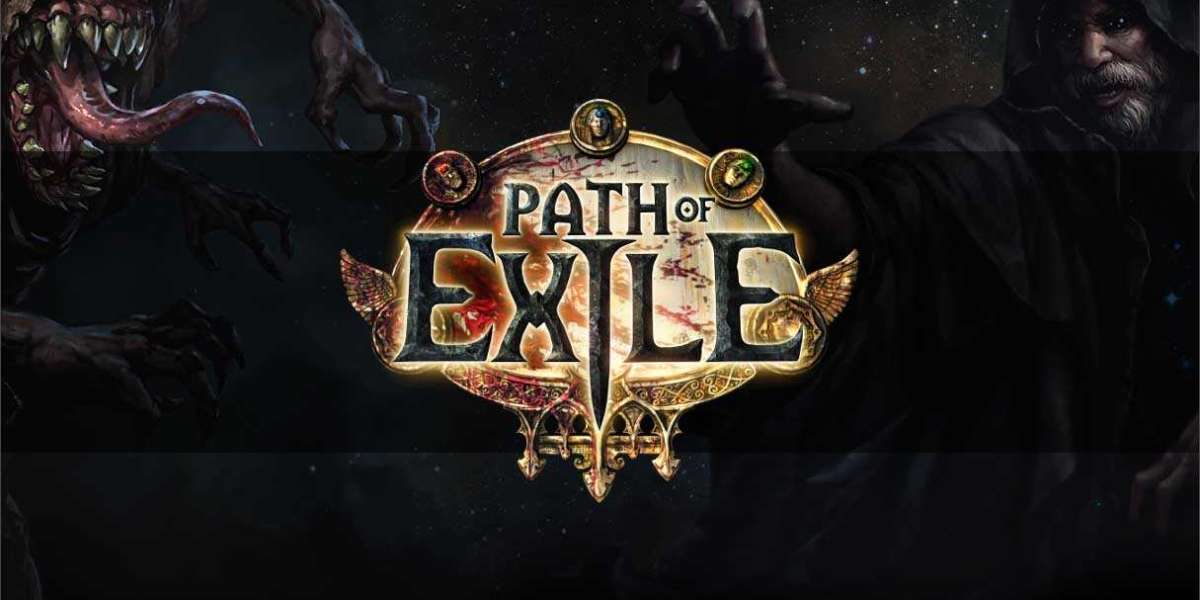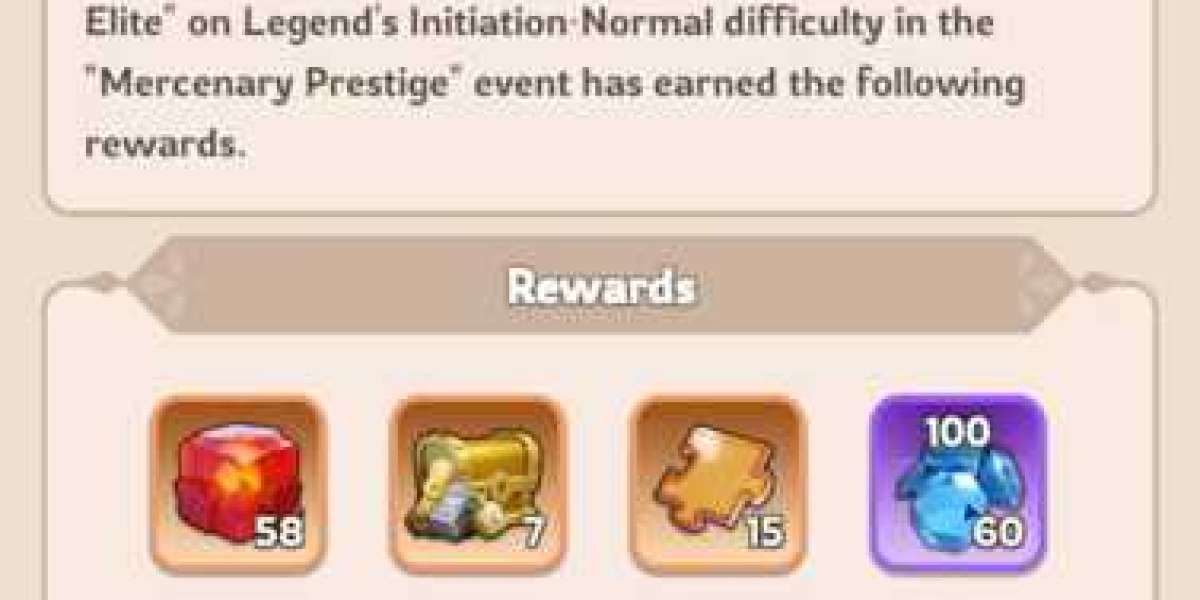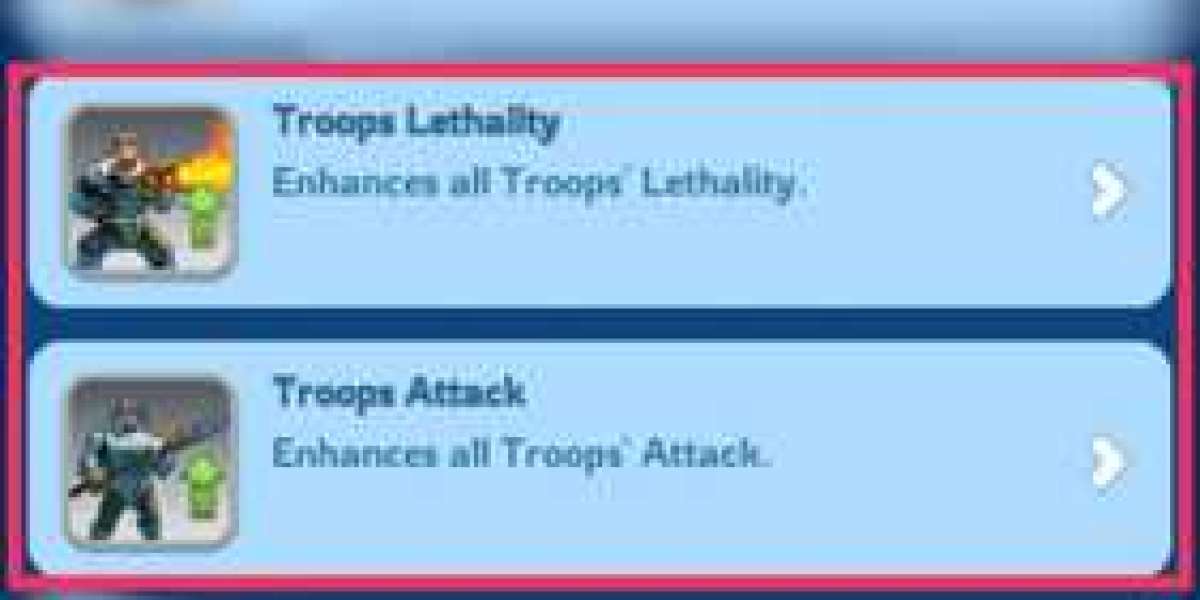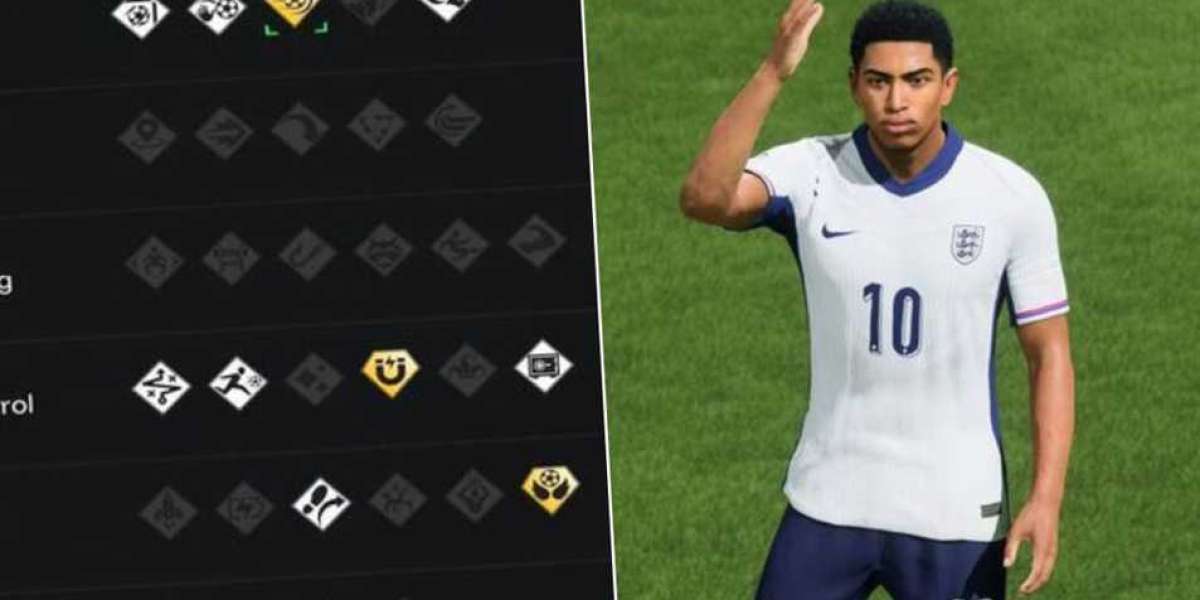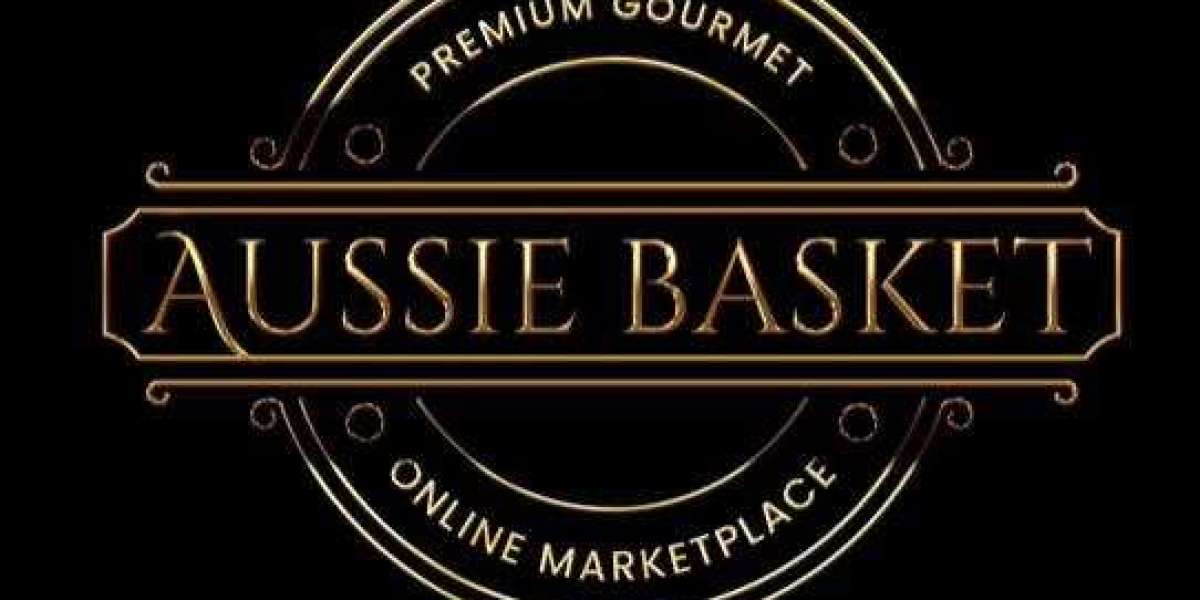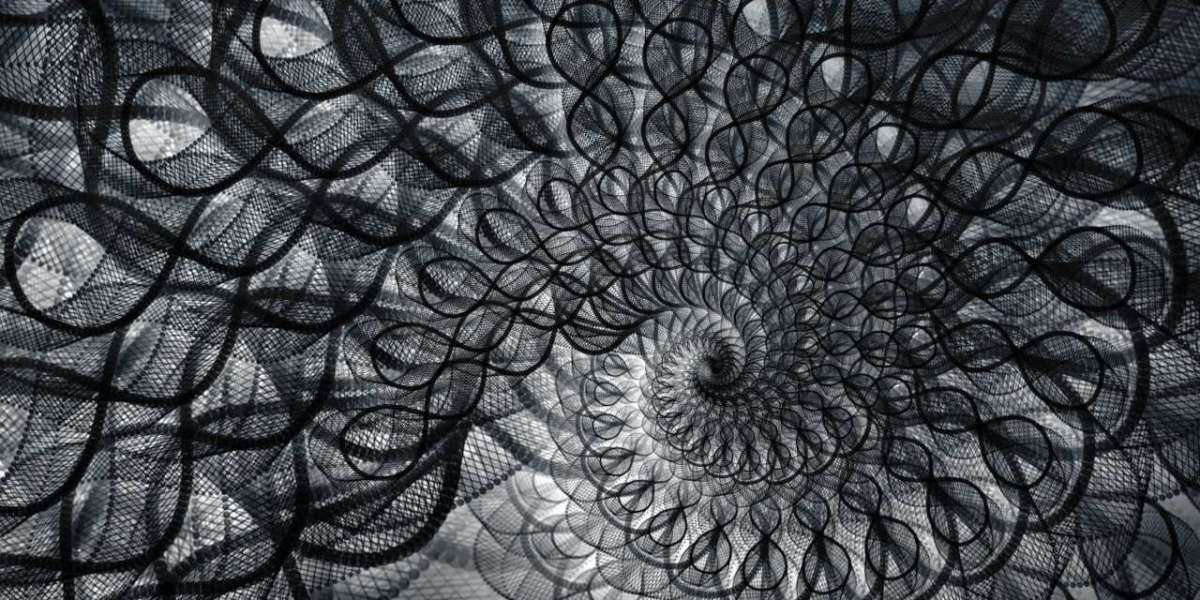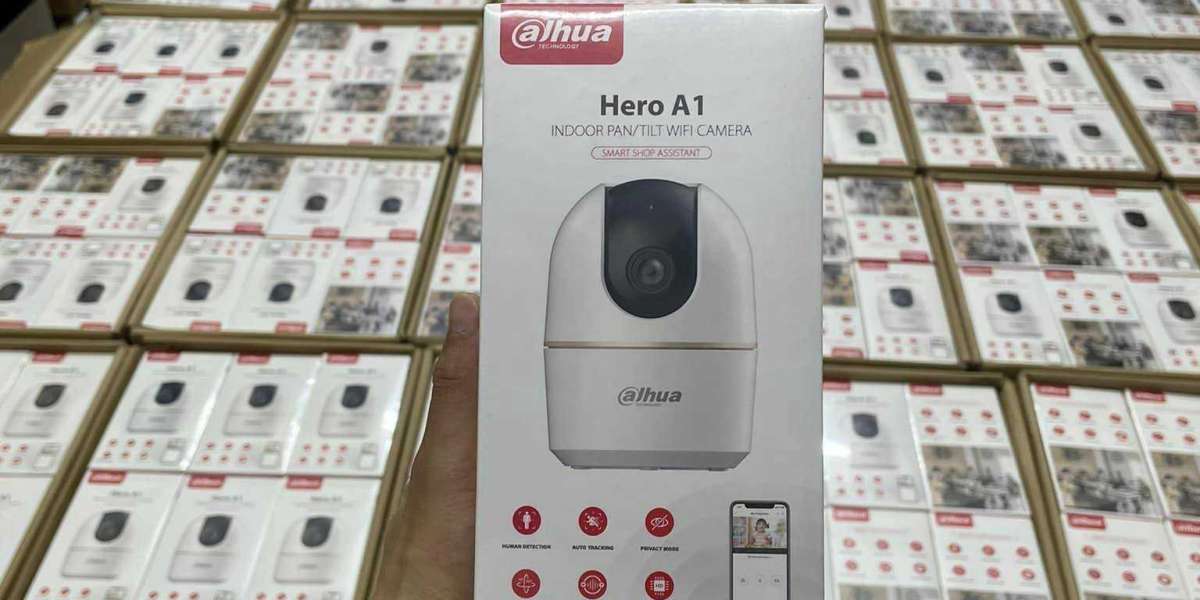Path of Exile Currency Explained
Path of Exile stands out from other games with its currency system: orbs are used instead of gold coins for creating or modifying all items with regular, magical, rare or unique rarity rarities.
The game's various currencies serve a multitude of functions in creating and upgrading equipment, restructuring passive skill trees, or simply augmenting an item.
Basic currency
Path of Exile requires currency as the only way to get the best gear, and there are various POE currencies for sale online that you can purchase and use to improve equipment or change passive skill trees.
These currencies can be found throughout the game, from monster drops and chests to town vendors, recipe systems and monster respawns. Orbs of Transmutation allow users to change implicit modifiers on regular equipment items while Portal Scroll creates a portal back to the current act's town.
Orbs of Exalted can be used to forge rare items with random affixes and Ancient Orbs can be used to craft unique ones - these items can then be sold by vendors within poe currency list. As opposed to other games that use gold as currency exchange between players, Path of Exile utilizes these functional currencies instead as means for item trading between players.
Valuable currency
Path of Exile offers many unique POE Currency items. These include orbs, scrolls, sextants, and catalysts - each serving its own purpose in-game and some can even be traded between players! You may come across these useful currency pieces through monster drops, town vendors or recipe systems.
Some currency items are used for simple leveling and low-level crafting; others require more work to acquire and can often be traded for large sums of money.
Orbs are the primary currency in Path of Exile, used to craft or alter any item within the game such as Maps, Atlases, Fragments or items. Orbs can also be traded with vendors and NPCs in-game.
Expensive currency
POE currency allows players to upgrade their equipment and alter their passive skill tree. Players can gain this currency through purchases at town vendors or NPCs or as rewards from quest completion; or by killing monsters or opening chests.
Functional currency includes an assortment of functional items, such as nails, spheres, resonators, catalysts and scrolls. These objects serve various functions within the game world such as rerolling implicit modifiers and altering item affix values; additionally they may be traded between players.
Most items for purchase in POE tend to come at a steep cost, though there may be cheaper options. To buy inexpensive currency at MmoGah and other marketplaces that provide secure transactions and 24-hour customer support is the ideal way to buy cheap POE currency. Customers can select their perfect orb type.
Trade currency
PoE currency is used to upgrade items in Path of Exile. It can change an item's stats or even unlock new skills and abilities for characters, such as trading for other items with vendors or altering equipment and the Atlas in end game Atlas mode. There are multiple forms of PoE currencies such as nails, spheres, scrolls and fragments; each has their own special function such as trading with vendors or improving equipment or Atlas settings.
Some currencies are extremely rare, such as Mirror of Kalandra which can duplicate any non-unique item with perfect stats. Other currencies are used to add specific affixes like Chaos Orb which add or remove bonuses from rare items.
PoE currencies also include Ancient Orbs, which can be used to forge any item within its item class into another one of equal or greater quality. Regal Orbs and Vaal Orbs may be reserved for top tier gear or build-defining pieces.
